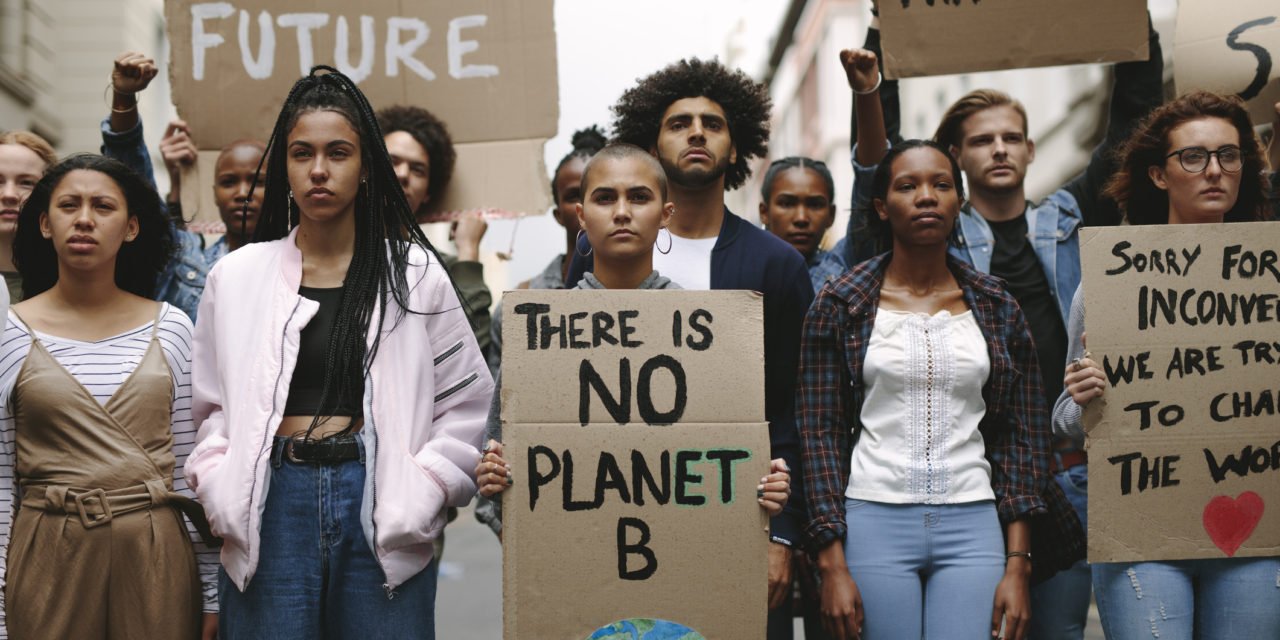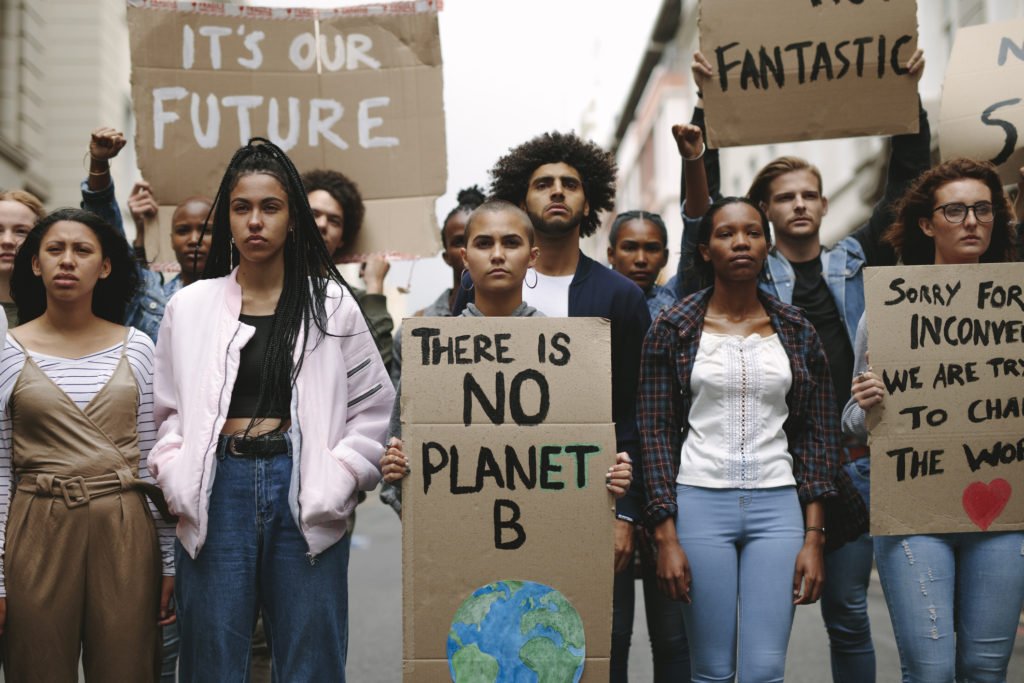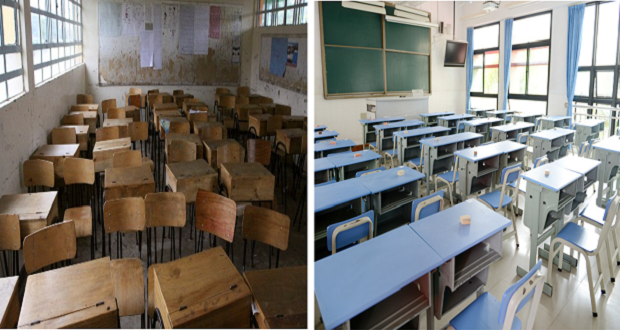Concern for the state of the environment has never been greater. We cannot think about environmental justice without considering environmental racism.
We cannot think about environmental justice without considering environmental racism. Share on XNow more than ever, it is evident that we are living in a climate emergency which is directly linked to racial injustice. The communities that are most impacted by racial injustice are the same communities that are most impacted by climate change and climate injustice. Communities of color experience significantly more pollution, food deserts, and water shortages due to systemic racism rooted in community planning. These communities are closer to polluting industries and hazardous waste sites. The same system responsible for the dehumanization of Black and Brown bodies in policing perpetuates the systematic deterioration and exploitation of Black and Brown neighborhoods. The burden of climate change is further revealed as hurricanes, wildfires, new temperature extremes, broken weather patterns, droughts, and floods fall hardest on communities of color.
The same system responsible for the dehumanization of Black and Brown bodies in policing perpetuates the systematic deterioration and exploitation of Black and Brown neighborhoods. Share on XClean water, clean air, and a healthy home are basic human rights, but the stark reality is that the water we drink and the air we breathe are governed by a corrupt racialized system. There is an immediate need for tight regulations to protect communities who fall victim to environmental racism by being exposed to life-threatening toxic chemicals, to protect workers exploited by profit-driven companies, and to protect the planet’s natural resources.
Clean water, clean air, and a healthy home are basic human rights, but the stark reality is that the water we drink and the air we breathe are governed by a corrupt racialized system. Share on XDespite being the most affected, communities of color continue to be forgotten and excluded in the mainstream green movement and in the media. People seem to forget that environmental racism is a crucial part of the climate crisis conversation. We must understand that climate justice requires social justice and vice versa. We need to protect both people and the planet. The goal of climate action is to protect all life. BIPOC communities must have greater visibility, and there needs to be a significant shift in power. Among many other things, we need to fight the suppression of the Black and Brown vote and ensure greater representation of Black and Brown people in cabinets, boardrooms, multilateral institutions, and on screens talking about environmental racism and leading change.
The legacy of colonialism is directly linked to climate change. To save the planet — to save our lives — systems of oppression must be dismantled. Acknowledging the inextricable connection between climate action and racial justice is a good first step.
The legacy of colonialism is directly linked to climate change. To save the planet, to save our lives, systems of oppression must be dismantled. Share on X



















